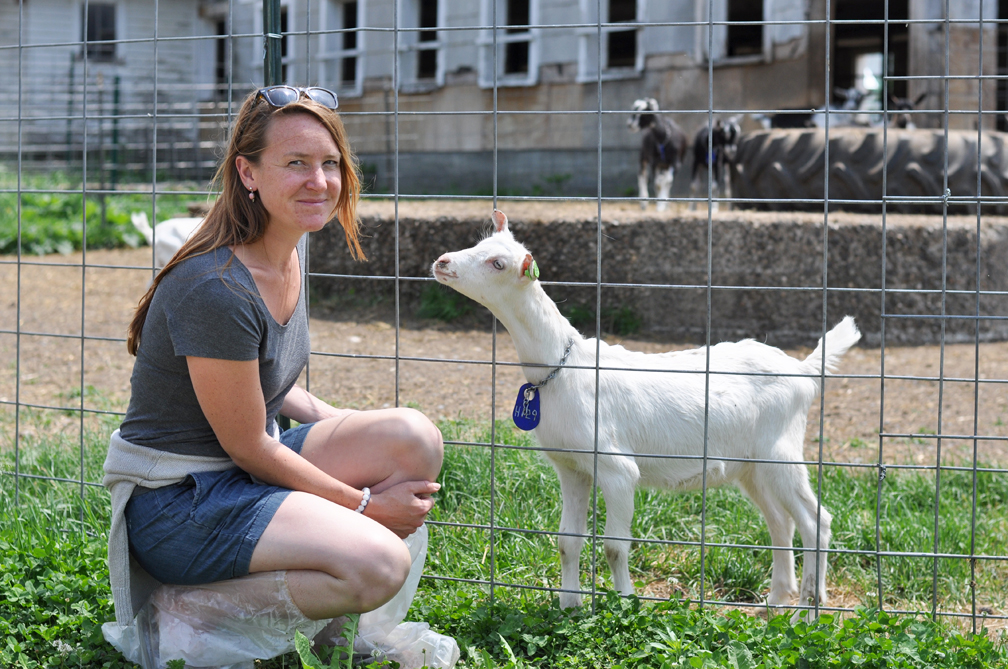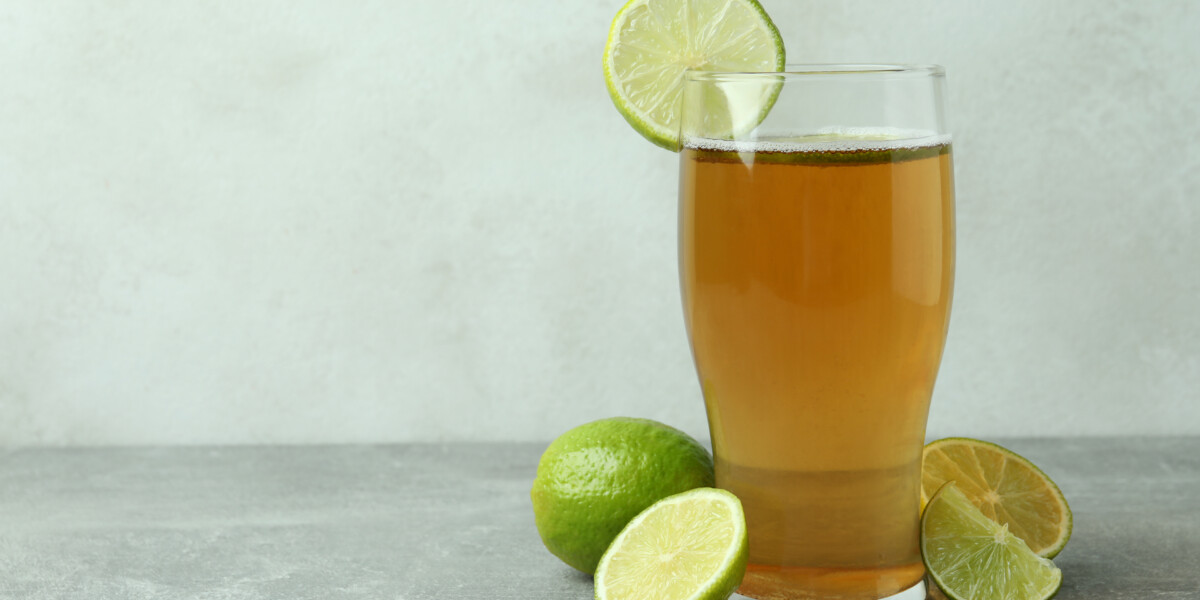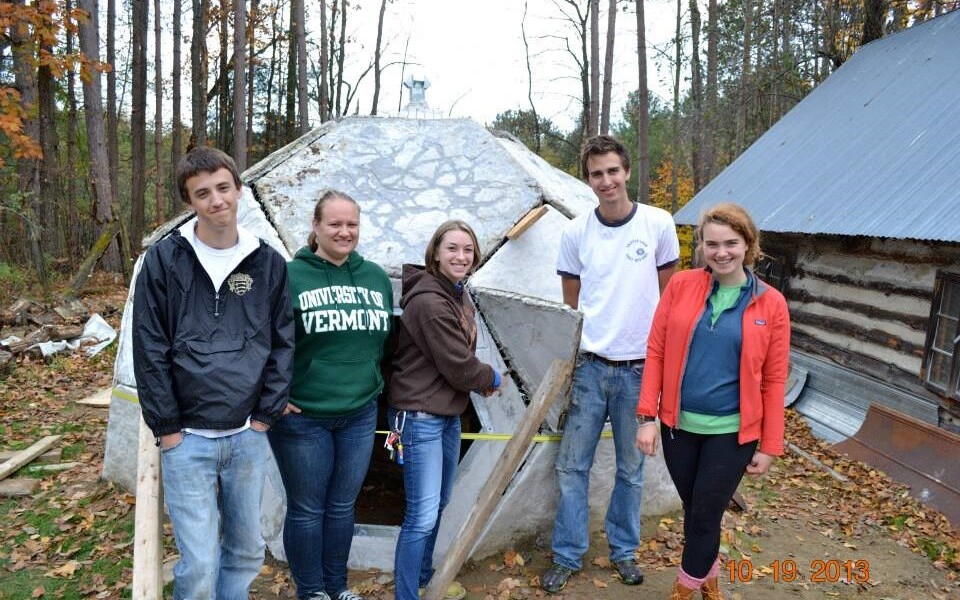A decade ago, Fat Toad Farm started out as a simple experiment in homesteading. Calley Hastings ‘07 and her family hand-milked a French alpine doe named Jupiter in their Brookfield garage to make goat’s milk caramel sauce for friends and to sell at the local farmers’ market. Back then, the family never dreamed they would one day be producing 18 gallons of caramel per day to sell to across the country.
![]() These days, Fat Toad Farm—founded by Calley, her stepfather, Steve Reid and mother, Judith Irving—is an award-winning food business that specializes in the production of goat’s milk caramel sauce, based on the traditional Mexican confection, known as cajeta.
These days, Fat Toad Farm—founded by Calley, her stepfather, Steve Reid and mother, Judith Irving—is an award-winning food business that specializes in the production of goat’s milk caramel sauce, based on the traditional Mexican confection, known as cajeta.
On a dirt road in Orange County in the same house they’ve owned for 30 years, the family has built a small specialty food empire with little formal training. Their recipe for success? Hard work, good timing, and a commitment to using fresh, all-natural ingredients.
“We are lucky that we started this business during a time when there was a huge upsurge in specialty food and consumer awareness of the foods they eat,” says Calley, the farm’s operations manager who studied sustainable agriculture at UVM. “People want clean products that taste good made by people they trust. Along with that has come hard work to create and grow a business that is innovative, creative, and that stands for our core values.”
Fat Toad’s line of tasty flavors, which are researched and developed by Calley, include salted bourbon, cold brew coffee, spicy dark chocolate, vanilla bean, Vermont maple, and cinnamon. A tiny, makeshift store at the farm is stocked with jars of caramel sauces to purchase and samples to taste. You’ll also find recipes, an email sign-up sheet, and an early sketch of the Fat Toad Farm logo by New Yorker cartoonist and fellow Brookfield resident Ed Koren.
Fat Toad Farm’s New Partnership with Vermont Creamery

Until recently, Fat Toad Farm kept a herd of 75 goats—with names like Puff, Apollo, Tulip, and Rascal—on its four-acre property and produced milk between March and November. The herd was recently sold and relocated to Ayers Brook Goat Dairy in Randolph, which opened in 2013 by Vermont Creamery. As the country’s first demonstration goat dairy, Ayers Brook Goat Dairy serves to develop and model best practices in dairy goat herd and feed management, with the goal of spurring the growth of the dairy goat industry in Vermont.
The new partnership with Vermont Creamery also allows Fat Toad to source a year-round supply of fresh, local goat’s milk and support the increasing demand for their goat’s milk caramel sauces. Calley believes the new partnership will ultimately help Fat Toad Farm grow its business in the specialty food market.
“This is an industry that is energized. There is so much local and national momentum behind local foods, particularly specialty foods, that it makes it very exciting to be a part of that community,” Calley says. “We are always challenged and pushed to stay authentic and true to who we are. We are reaffirmed every day by our loyal customers and neighbors that we are making a product in a way that they are excited about and that they think tastes great.”
Changing Schools, Studies, and Focus
Calley started her college career at Smith College, where she planned on studying Portuguese, Brazilian studies, and international work. She later transferred to UVM and eventually switched gears to focus on sustainable agriculture—a program that she says inspired her.
“I grew up on the back roads of Vermont, and though I grumbled every time I had to help weed the garden and complained on hiking trips, at the end of the day I grew up with the woods and the gardens in my blood,” she says. “It wasn’t until college that I realized how important this place is to me. Being out in the field, in the real world, thinking about real issues and learning not only with my mind but also with my hands, engaged and inspired me in a way traditional education never had.”
What advice would she give to someone thinking of opening a local food business?
“Do the math. Do the math again. It’s easy to pursue a passion. It’s hard to turn your passion into a business. Make sure you can do both really well,” she says. “Also, get crystal clear on your goals and values so that every decision you make is a reflection of them. There is a lot of pressure outside of your business to do things differently and it’s helpful to have a very strong foundation to keep you grounded in your purpose. “
For more information, visit www.fattoadfarm.com.
The original version of this post was published on www.HappyVermont.com.





